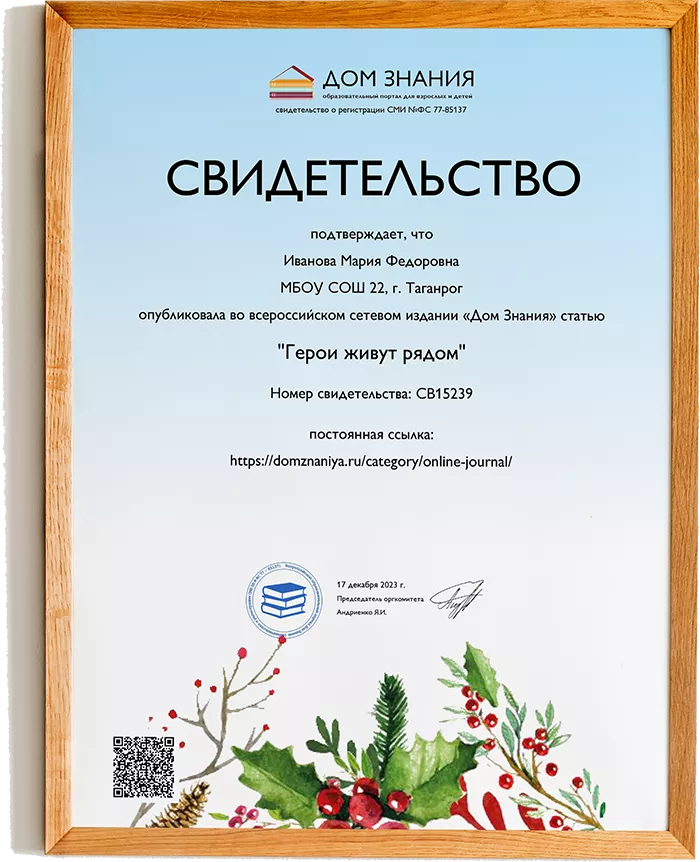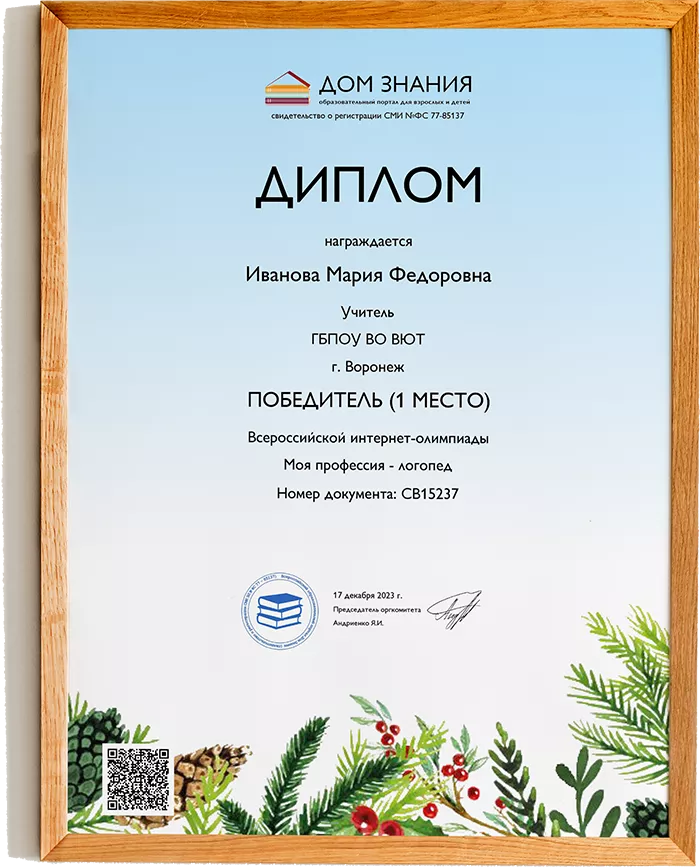Муниципальное казенное общеобразовательное учреждение
«Средняя общеобразовательная школа № 5»
Конспект урока по английскому языку на тему:
«Стихийные бедствия»
Учитель английского языка:
Миранова Галина Сергеевна.
с. Эдиссия
2024г.
Предмет, класс- английский язык, 8 класс
Тема урока- «Стихийные бедствия»
Тип урока- Активизация лексического материала.
Продолжительность урока-40 минут
Формы организации познавательной деятельности - фронтальная, индивидуальная, групповая
Цель урока-развитие лексических способностей и применение речевых навыков в правилах безопасного поведения по теме «Стихийные бедствия»
Задачи урока: обучающие: совершенствовать речевые способности, формировать языковые навыки учащихся; развивать навыки устной речи, чтения, аудирования; уметь излагать исследованный материал.
Развивающие: развивать логическое мышление, уметь сопоставлять, анализировать, выделять главное
Межпредметные связи- интеграция знаний, полученных на уроках по предмету «Основы безопасности жизнедеятельности» и применение самостоятельного продукта на английском языке
Материально-техническое, методическое и дидактическое обеспечение урока-Мультимедийный проектор, проигрыватель мр3, учебник Spotlight 8 класс
Ход урока
Организационный момент
Teacher: So, we are ready to start. I would like you to stand up. Hello my dear friends, I’m very happy to see you and welcome to our English lesson. My name is Karina Valerievna and today I will be your English teacher. Nevertheless, before we start our lesson, I want you to warm up. You should repeat the words and the actions after me.
It’s time to think
It’s time to speak
It’stimetoshow
Ready, steady, go (3 раза повторить и с каждым разом быстрее проговаривать и выполнять)
Are you ready for the English lesson?-Yes
Perfect- Take your seats (слайд 1)
Речевая разминка
Teacher: I don’t know anything about you just your names and you don’t know anything about me
I would say some sentences and if you are agree with me, you’ll say I like it too.
I like English language- I like it too
I like dance and sing- I like it too
I like English songs and music-I like it too
I’m from Edissia and I like my birthplace very much- I like Kurskaya region
I like to watch TV news-I like it too
2. Определение обучающимися темы урока и его целей.
T: Everyone watches TV news. How often do we see news about disasters in different regions of our planet? How do you think, is the Earth a really dangerous place?
S: I think… (Students answer the teacher’s questions.)
T: So how do you think what are we going to speak about?
S: We are going to speak about our planet and natural disasters.
T: Yes, you are right. The theme of our lesson isNatural disasters. (слайд 2)
T: Now I want you to guess we will do during our lesson. The task will be very easy. Come to the blackboard. You have some phrases and pictures on your desks. Let’s match them together.
So, at the lesson we will……. (reads aloud all actions).(слайд 3)
Фонетическая зарядка
T: Look at the slide. Here are the words, which you have already learned. Let’s repeat them.
Drought
Flood
Tornado
Tsunami
Earthquake
Cyclone
Avalanche
Hurricane
P: (repeat afte rteacher) (слайд 4)
4. Активизация лексических навыков
T: Match the words with their definitions (Using the slide)
Drought
A large mass of snow falling down the side of a mountain
Flood
A violent tropical storm in which the air goes round and round
Tornado
An extremely violent wind or storm
Tsunami
A period of time with no rain
Earthquake
A violent wind storm which consists of a tall column of air spinning around very fast
Cyclone
A shaking of the ground
Avalanche
A large amount of water that covers an area which is usually dry
Hurricane
A huge wave caused by an earthquake which flows onto land
(учащиеся проверяют свои ответы с экрана) (слайд 5)
P1: Drought is a period of time with no rain.
P2: Flood is a large amount of water that covers an area which is usually dry.
P3: Tornado is a violent wind storm which consists of a tall column of air spinning around very fast.
P4: Tsunami is a huge wave caused by an earthquake which flows onto land.
P5: Earthquake is a shaking of the ground.
P6: Cyclone is a violent tropical storm in which the air goes round and round.
P7: Avalanche is a large mass of snow falling down the side of a mountain.
P8: Hurricane is an extremely violent wind or storm.
T: Fantastic! You were great! We got the information about natural disasters.
5 Чтение с пониманием основного содержания
T: Look at the slides. Have you ever seen or experienced any of these natural phenomena?
P1: Gives some information
T: How does each phenomenon occur? Read through and check. (Open your books at page 86)
Ps: Read the texts and answer the question.
T: Now, look at the slide. You have such tasks at your English examination. Here are the headings for each part of the texts. Complete the gaps and compare with a partner.
Different
sizes
Easy
to
hear
Getting
ready
to
drop
Round
and
round
Measuring
disasters
Anytime
,
any
place
(слайд 6)
Keys: 1) 6 2) 4; 3) 5; 4) 1; 5) 3; 6) 2
T: The second task will be this. Find words in the texts that mean:
Forceful
(
Text
A)
Different
(
Text
A)
Leave
(
Text
A)
Harm
(
Text
A)
Made
(
Text
A)
Chunks
(
Text
B)
Created
(
Text
B)
P1: forceful –violent
P2: different – various
P3: leave – disappear
P4: harm – damage
P5: made – formed
P6: chunks – lumps
P7: created – formed
T: Welldone! Super! (слайд 7)
6.Физ. минутка
T: Thank you! You were great!
7.Развитие навыков аудирования
T: Wecontinue. Now the climax of our lesson. We’re going to make an experiment, we’re are going to make our own tornado. The authors give us their plan of doing this, but we will simplify it.
First of all we are to listen to the speaker explaining how to create your own tornado and fill in the missing information. (Ex.5, p. 87)
Be careful and fill in the missing information accurately.(слайд 8)
Keys: 1) paper 2) tape 3) hole 4) on (top) 5) top
8.Практика в устной речи Проведение эксперимента
And now it’s high time to make our own tornado. Just imagine that we are in the scientific laboratory, but we don’t need any scientific equipment. Surprised?
I need two pupils to assist me. Put on gloves and aprons.
Now let’s name everything we need for the experiment.
P1: Plastic bottle, water
T: water symbolizes the flow of wind
P2: Dishwashing liquid
T: Dishwashing liquid symbolizes foam
P2: Glitter.
T: Glitter symbolizes dust and sand
T: So, let’s start.
Pour water into the bottle
Add some drops of dishwashing liquid
Add
some
glitter
Swirl the water around faster and faster
T: Friends, what do you see?
P: The water and tiny pieces of glitter whirl like a tornado.
T: Was it simple? T: Look at the screen. Whatdoyousee? (слайд 9)
(ученики смотрят на экране видео торнадо,а учитель комментирует его и демонстрирует детям предметы, ассоциирующиеся с торнадо (спиннер и воронка)
9. Просмотр видеосюжета и вопросно-ответная работа после показа
When I was preparing for our lesson I found many videos about people who were the witnesses and who has experienced such phenomena. Today I want you to watch the video about a real hero of our time, about a small girl. I have written some words and expressions for you. Pay attention to them while watching the video.
1.Was Tilly Smith an ordinary school?
2.What has happened?
3.When and where did tsunami strike?
4.What did help Tilly to save people?
5.Where do we get information about disasters ?
Работа в группах
.
Защита проектов
My dear friends, how do you think can we do anything to prevent and to avoid natural disasters? Or maybe we can protect ourselves somehow?
T: You have some instructions, which are mixed up. I’d like you to be divided into 3 groups. The 1’st group will find things to do when a flood comes, the 2’nd – for fire, the 3’rd – for hail. Try to match all the recommendations with pictures.
(работа в группах несколько минут)
If you are ready, go to the blackboard and present your projects
11.Заключительный этап урока. Рефлексия
T: Friends, did you like the lesson. What did you like most? What new facts about natural disasters would you like to know?
Thank you for your work. Your marks are good and excellent today. At the end of our lesson I’d like to present you these globes. I wish that your life will be such clear, light and bright without natural disasters!
The lesson is over. Good-bye. Have a good day! (слайд последний )



